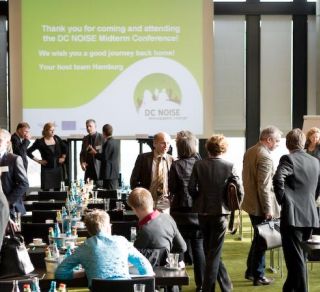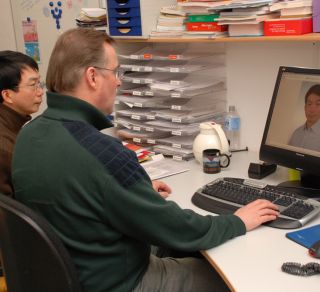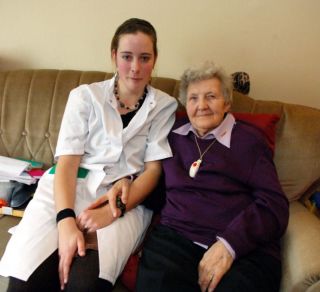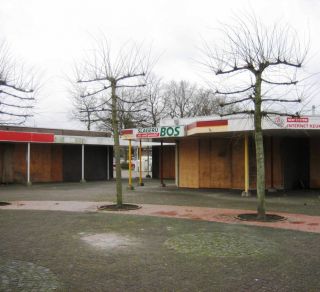 |
|
DC NOISEDemographic Change: New Opportunities in Shrinking EuropeBackground and AimAim Within DC NOISE transnational actions aimed to:
Activities and objectives were aimed at raising awareness, finding possible solutions and, in co-operation with stakeholders, strategies and actions to deal with the consequences of demographic change. Background Demographic change is a particular issue in the North Sea Region, and the implications of this are already becoming apparent. Demographic change consists of different trends: total population decline, diminishing number of young people, shrinking labour force, ageing society, changing ethnic composition of population owing to differential migration, changing household composition. Together, the partners of DC NOISE faced the challenge and seeked to develop new approaches in practice and to share the lessons they learned throughout the North Sea Region. The actions undertaken would impact employment opportunities in the region, the competitiveness of the region and social wellbeing, cohesion and quality of life for individual residents. Together, they supported the development of sustainable and competitive communities. Transnational cooperation would be the start of mutual European adjustment in policy answers to demographic change. It helped to bring the subject on the agenda of national and regional authorities and gave financial support, thereby creating the necessary conditions for experiment, finding creative solutions and new strategies, and be ready for the future. Information HubDC Noise First Results
DC Noise Flyer DC Noise EUKN presentation Transnational: newsflash 5 pilot labourmarket Paper on demographic change in regional labour markets Transnational: presentation monitoring pilot Logbook on monitoring demographic change Transnational: booklet housing atlas Newspaper (Trouw, NL) - involve inhabitants to tackle demographic decline Transnational: report transnational workshop on labour market Strategic paper on EU labour market Presentation Prof. Philip McCann - Demographic change and EU regions Diversity Remix: tools and tricks for demographic proof human resource management There are no related videos
|














